18 Practical Money Tips That Make a Big Impact
Making small adjustments to your daily habits can lead to significant savings over time. You may not realize it, but simple changes like meal planning or tracking your spending can make a big difference in your wallet. These small steps help reduce unnecessary expenses and put you in better control of your finances. Whether it’s canceling subscriptions or switching to generic brands, every little change counts. By being mindful of your spending, you can start building up savings without making drastic sacrifices
This post may contain affiliate links, which helps keep this content free. Please read our disclosure for more info.
Meal Planning

Meal planning helps reduce food waste and can save you money at the grocery store. By organizing your meals for the week, you can avoid buying unnecessary items and prevent impulse purchases. This approach also allows you to take advantage of bulk discounts and buy in-season produce, which is often more affordable.
Planning ahead means you can use ingredients more efficiently, reducing the chances of unused food going bad. You can also batch-cook meals to save both time and money. By preparing meals in advance, you avoid the temptation of ordering takeout or dining out.
Cancel Unused Subscriptions

Many people are unaware of how much they spend on subscriptions they no longer use. Whether it’s a streaming service, a fitness membership, or a subscription box, canceling these services can free up a significant amount of money. Review your bank statements regularly to identify any recurring charges you no longer need.
Sometimes, these subscriptions seem like small costs, but they can add up over time. Canceling them can make a noticeable difference in your overall budget. Additionally, it can help streamline your finances, giving you more control over where your money is going.
Track Your Spending

Tracking your spending can reveal areas where you can cut back. By keeping a close eye on your expenses, you can spot patterns, like frequent small purchases that quickly add up. There are many apps available that can help track spending and categorize purchases, making it easier to identify where savings can be made.
Once you know where your money is going, you can prioritize essential expenses and reduce unnecessary ones. Small changes, like brewing your coffee at home instead of buying it, can quickly add up to savings over time. Being mindful of your spending habits will ultimately lead to smarter financial decisions.
Switch to Generic Brands

Switching from name-brand products to generic alternatives can be a simple way to cut costs. In many cases, generic brands offer the same quality at a fraction of the price. Grocery stores and pharmacies are full of generic products that can provide the same benefit as more expensive name brands.
The savings from switching to generic brands can add up quickly, especially on recurring purchases like medicine, toiletries, and groceries. It is worth comparing prices next time you’re shopping to see where you can save without sacrificing quality.
Use Public Transportation

Using public transportation instead of driving can save money on gas, parking, and vehicle maintenance. Whether it’s a bus, train, or subway, opting for public transport reduces the costs associated with car ownership. In some cities, public transportation is reliable, affordable, and more convenient than owning a car.
If you live in an area with well-established public transportation, consider using it for commuting. This will help lower the costs of fuel, parking fees, and car repairs. Plus, many areas offer discounts for monthly passes, making it even more affordable.
Set Up Automatic Bill Payments
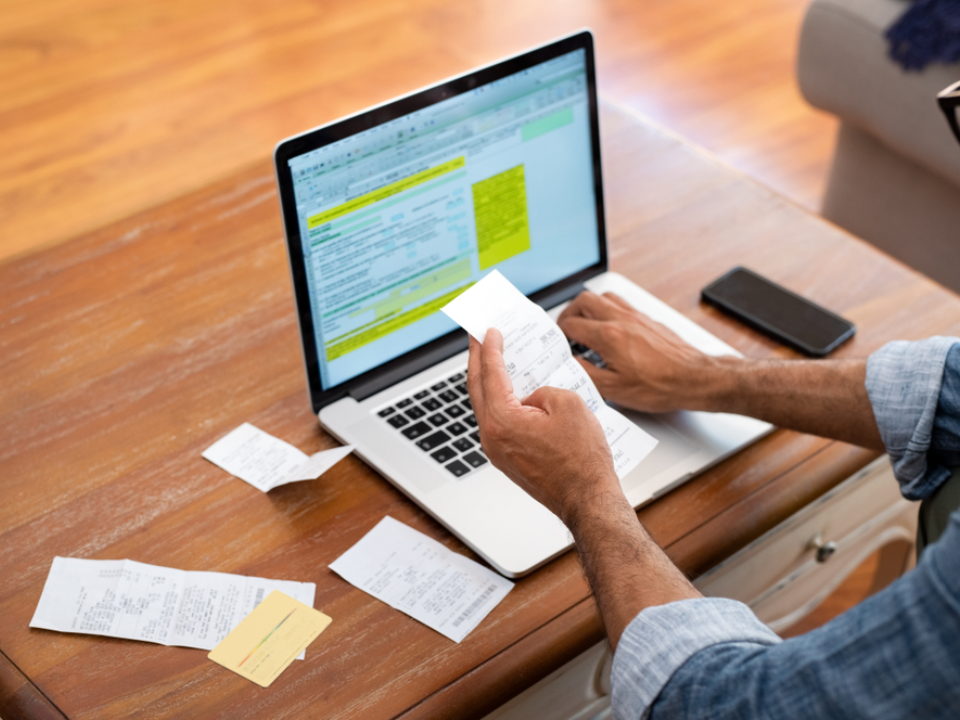
Setting up automatic bill payments can help you avoid late fees and interest charges. By scheduling payments for utilities, loans, and credit cards, you ensure they are paid on time. This not only saves you money but also reduces the stress of remembering multiple payment due dates.
Additionally, automatic payments can help you stay on top of your budget. With the right system in place, you can make sure your bills are managed without constantly worrying about missing a payment. Over time, this consistency can prevent financial penalties that could harm your wallet.
Reduce Energy Usage
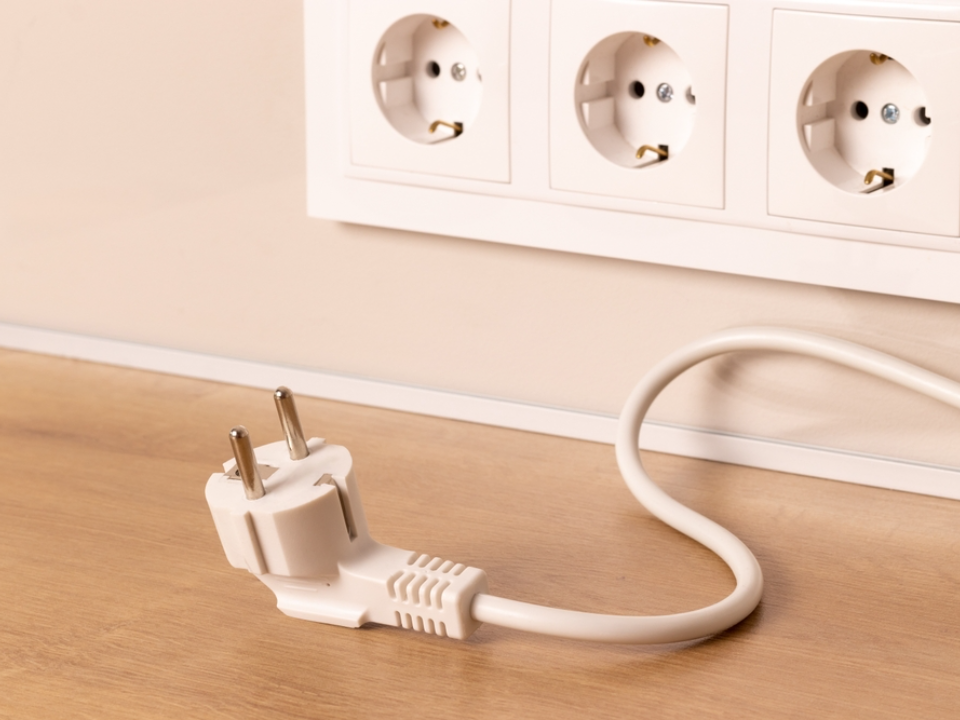
Reducing your home’s energy usage can lead to substantial savings on your utility bills. Simple changes like using energy-efficient light bulbs, unplugging electronics when not in use, and adjusting your thermostat can reduce your overall energy consumption. Small habits, like using a power strip for multiple devices, can also lower energy usage.
Another way to save is by maintaining your appliances to ensure they run efficiently. Over time, these changes can result in noticeable savings, helping you keep more money in your pocket without sacrificing comfort.
Shop During Sales

Shopping during seasonal sales or using coupons can drastically reduce your spending on necessary items. Whether it’s Black Friday, end-of-season clearances, or weekly discounts at grocery stores, timing your purchases can make a big difference in your overall expenses. Shopping for items when they are on sale allows you to get more for your money.
Planning ahead for these sales events means you can avoid paying full price. By making a habit of checking for deals, you can accumulate savings while still purchasing the items you need.
DIY Home Repairs

Handling minor home repairs yourself instead of hiring a professional can save you a significant amount of money. Tasks like patching up small holes in the wall, fixing a leaky faucet, or installing shelves are often simple enough for beginners to tackle. With online tutorials and affordable tools, many repairs can be done without needing to call in an expert.
Learning basic home maintenance skills not only saves money but also increases your sense of accomplishment. By gradually taking on more DIY projects, you can avoid costly contractor fees and improve the value of your home.
Unsubscribe from Marketing Emails

Unsubscribing from marketing emails can prevent impulse buys. These emails often promote discounts and sales that encourage you to make purchases you don’t need. By removing yourself from these lists, you can reduce the temptation to spend money on items you didn’t plan on buying.
Taking this simple step can help you stay focused on what you truly need, rather than being distracted by promotional deals. Over time, this will help you avoid unnecessary purchases and save money.
Use Cashback and Reward Programs

Sign up for cashback and reward programs whenever possible. Many stores, credit cards, and online retailers offer incentives for purchases, such as cashback, points, or discounts. By taking advantage of these programs, you can earn money back or access discounts on future purchases.
These small rewards can add up over time. Using your cashback and reward points wisely can offset some of your everyday expenses, putting more money back in your wallet.
Buy in Bulk
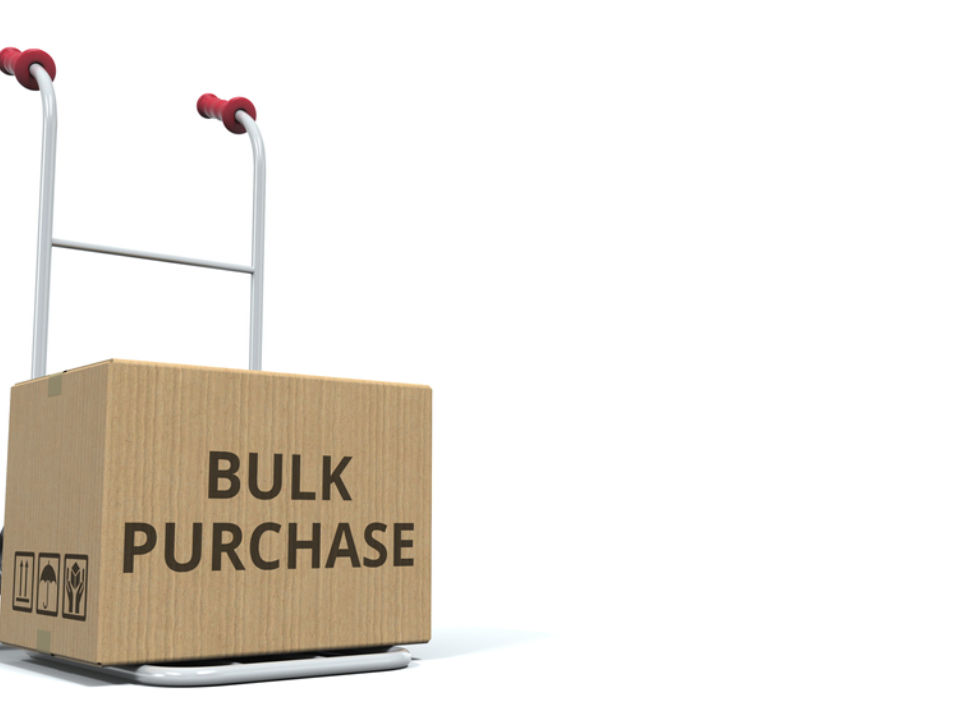
Buying items in bulk is a great way to reduce the cost per unit. Non-perishable items like toilet paper, pasta, and canned goods can be purchased in large quantities, which often results in a lower cost. You’ll not only save money, but you’ll also reduce the number of trips to the store.
However, bulk buying works best when you have the space to store large quantities and the items have a long shelf life. This simple change can lead to long-term savings, especially for families or individuals who go through certain products quickly.
Automate Savings

Setting up automatic transfers to a savings account can help you consistently put money aside. By making savings a habit, you’ll be less likely to spend the money before it is saved. Small automatic transfers, even if they are modest, can build up over time, providing a safety net for unexpected expenses.
With automation, you do not need to think about saving—it happens automatically, and before you know it, your savings will grow. This is a simple yet effective strategy for building a financial cushion without any effort.
Refinance Loans
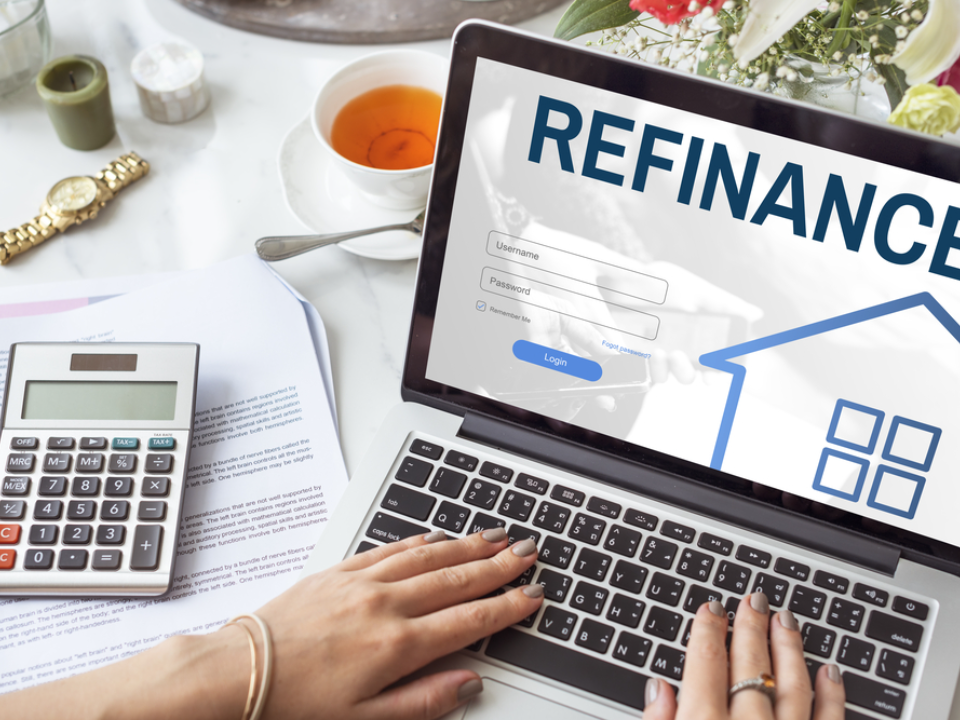
Refinancing high-interest loans, like student loans or mortgages, can lower your monthly payments and save you money over time. By securing a lower interest rate, you can reduce the amount you pay in interest, freeing up funds for other needs. Shop around for the best refinancing offers to find the right option for your situation.
It is important to check for fees associated with refinancing and compare different loan terms. Once refinanced, you will see the benefits in terms of lower payments and less financial strain.
Buy Second-Hand

Purchasing second-hand goods can save you a lot of money without sacrificing quality. Whether it’s furniture, clothes, or electronics, gently used items are often significantly cheaper than buying new. Many second-hand items are still in great condition, making them a smart and cost-effective choice.
Buying second-hand allows you to find unique items at lower prices. This small change can make a big impact on your budget, especially if you are in the habit of buying new products without considering pre-owned options.
Reduce Data Plan Usage
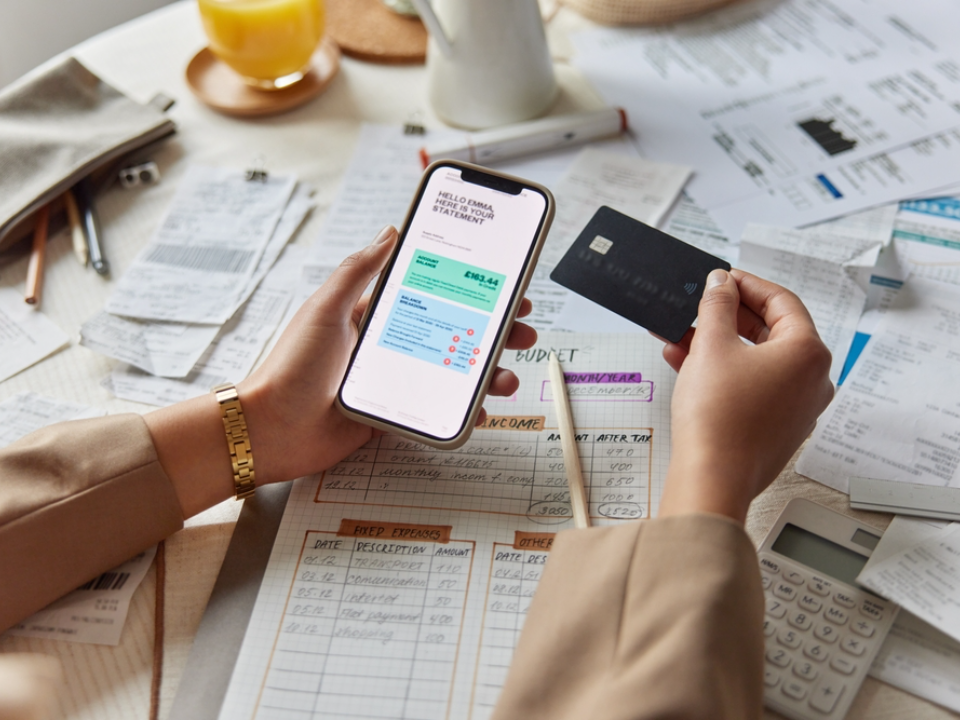
If you have a mobile data plan, being mindful of your data usage can save you money. Switching to a plan with a lower data allowance or using Wi-Fi whenever possible can help cut your monthly bill. Apps that track your data usage can help you stay on top of your limits.
By managing your mobile data usage more carefully, you can avoid overage fees and save on your phone bill. Small adjustments like turning off data-hungry apps or using Wi-Fi when available will help lower costs.
Consolidate Debt

If you have multiple debts, consolidating them into a single loan with a lower interest rate can reduce your monthly payments. Debt consolidation can simplify your finances by reducing the number of bills you need to manage. It can also help you pay off your debt faster by lowering your overall interest payments.
With lower interest rates, more of your payment goes toward the principal balance rather than interest. Consolidation can be a smart financial move for those who struggle with managing multiple debts.
Cook at Home

Cooking at home instead of dining out or ordering takeout is a great way to save money. When you cook your own meals, you control the portion sizes, ingredients, and overall cost. Home-cooked meals are often more affordable than restaurant options and can be tailored to suit your preferences.
Cooking in bulk and using leftovers for future meals can further maximize your savings. Over time, the money saved by cooking at home can add up, allowing you to use those funds for other important expenses.
This article originally appeared on Avocadu.
